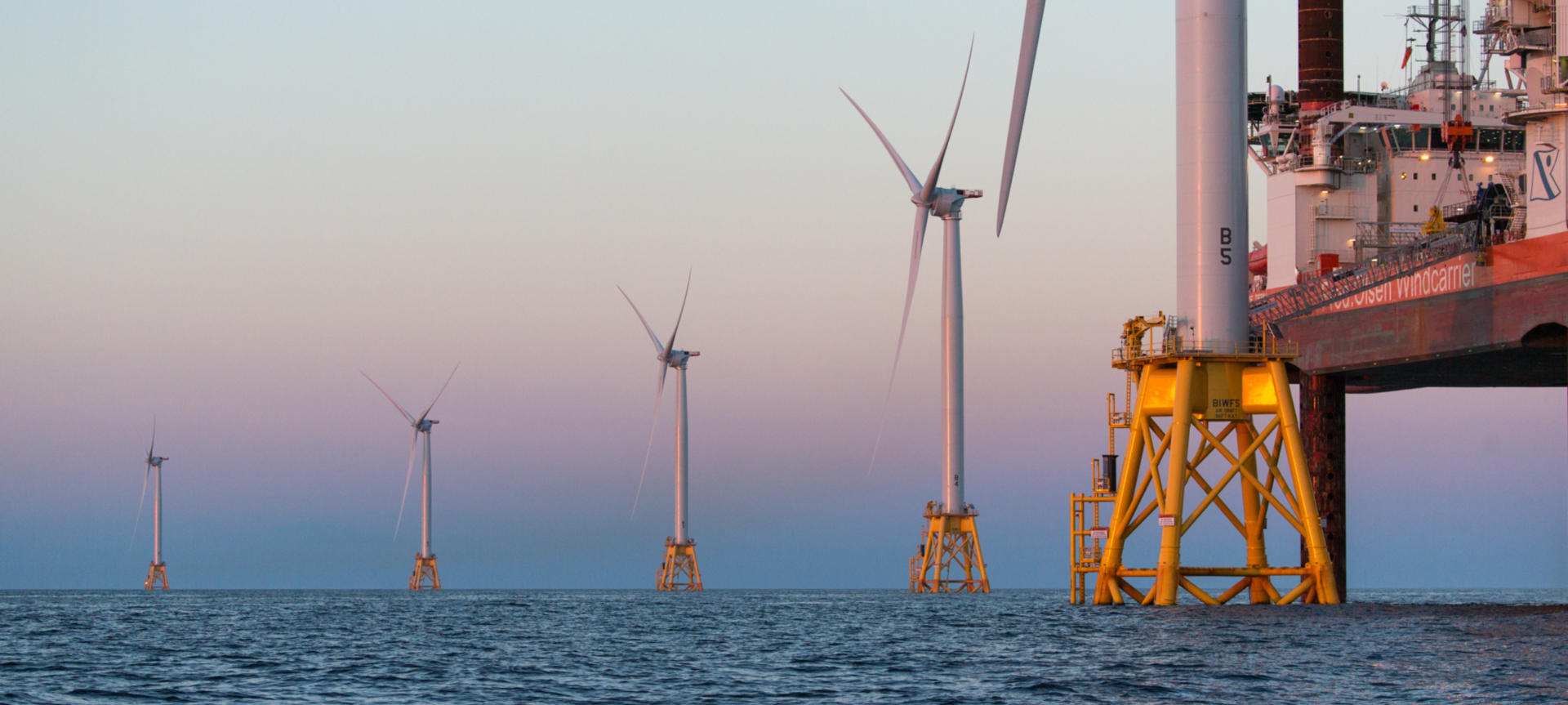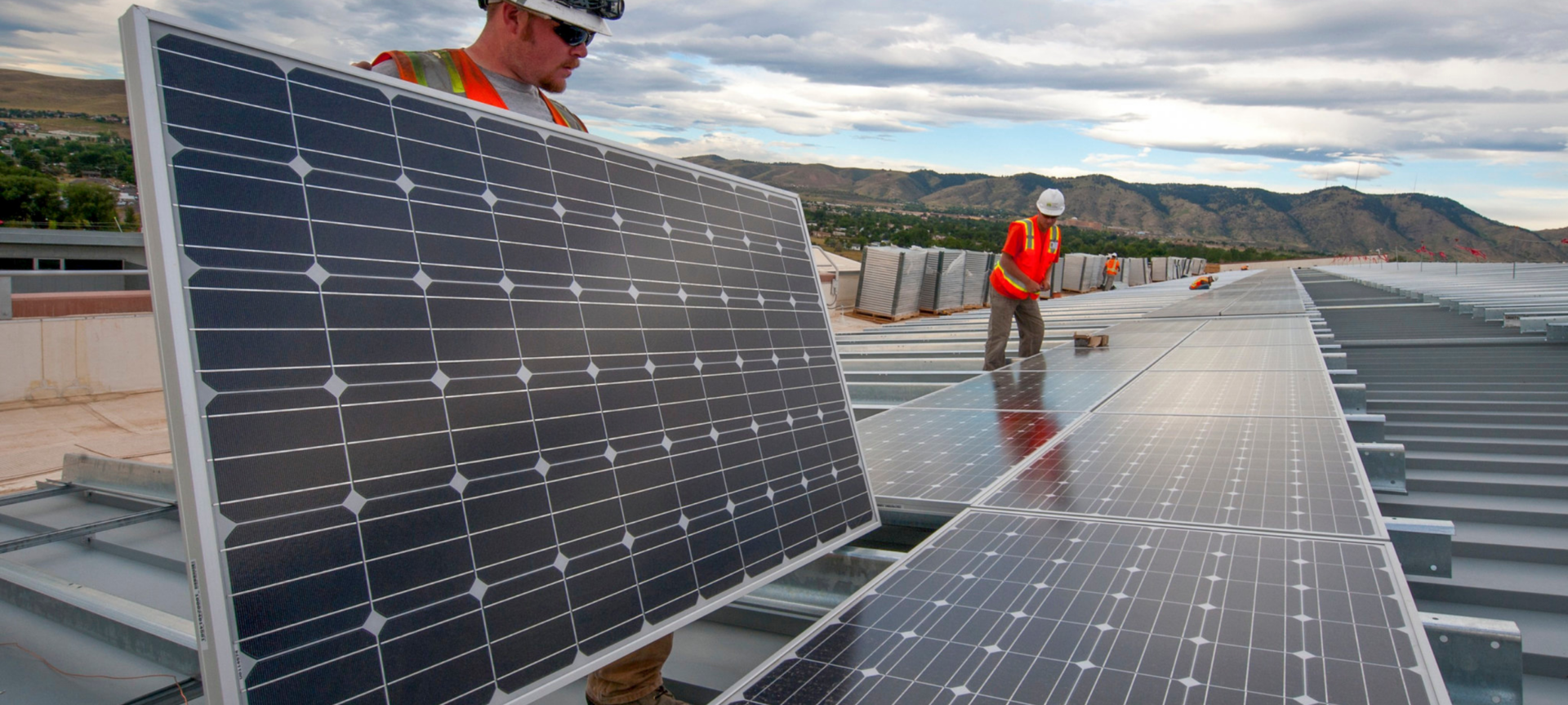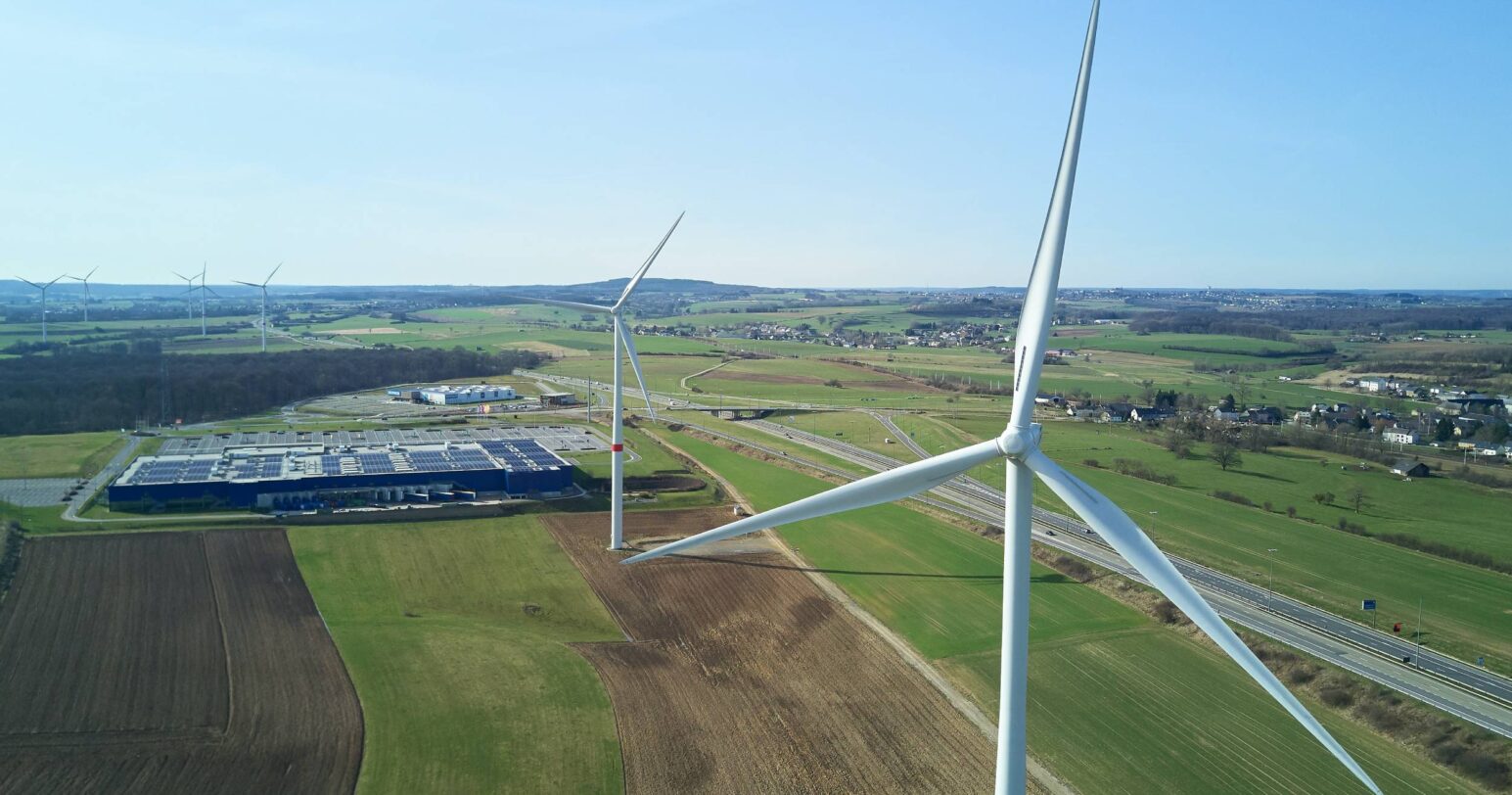
This year’s meeting of the G7 Ministers on Climate, Energy and Environment takes place on April 28-30, 2024, in Turin, Italy. It is a critical moment to take stock of the progress some of the largest economies have made on unabated coal phase-out. It is also an opportunity to draw attention to the next steps needed by all countries to fulfil their shared global commitments as they each put forward their more ambitious 2035 climate targets – Nationally Determined Contributions (NDCs) by 2025.
The G7 brings together Canada, France, Germany, Italy, Japan, the United Kingdom, and the United States of America alongside the European Union and plays a critical role in addressing the challenges that affect us all, including climate change. Over the past few years, recognising the urgent need to accelerate the clean energy transition to keep 1.5oC in reach, the group has made increasingly stringent commitments to end unabated coal power generation.
In 2021, the G7 agreed to end public finance for unabated coal power by the end of that year; a major step to end construction of new coal power plants across the world. In 2022, they committed for the first time to phase out unabated coal-fired power generation and to fully or predominantly decarbonize their power sectors no later than 2035, charting a course for closing existing coal power plants.
In 2023, the G7 set the global standard for ambition on coal phase-out. They pledged to end the construction of new coal power plants domestically and work together with others to achieve this globally. They also strengthened their previous commitment to phase out existing coal, by pledging to do so in line with a 1.5-degree pathway. According to the International Energy Agency Net Zero by 2050 Roadmap for the Global Energy Sector, this requires unabated coal phase-out by 2030 in OECD and EU countries and by 2040 in the rest of the world.
This concrete action by the G7 laid the foundation for progress at the UN Climate Change Conference COP28 last year. Momentum was carried forward to the Global Stocktake outcomes, which for the first time ever, included the historic consensus to “[transition] away from fossil fuels in energy systems” and “[accelerate] efforts towards the phase-down of unabated coal power”. The need to stop investments in new unabated coal power plants and phase down unabated coal power was also recognised in the COP28 Global Renewables and Energy Efficiency Pledge.
The direction of travel has been set but countries need to go further to keep 1.5°C in reach. The PPCA has been calling for a global agreement on no new coal power and unabated coal power phase-out.

Real-world progress is accelerating
These political signals demonstrate the continued real-world progress in the global transition from coal to clean energy. Driven by the expansion of renewables, the use of coal in power generation peaked worldwide in 2023. In the OECD and EU, three quarters of coal-fired electricity generation capacity is now on track to close by 2030. Underscoring the momentum to phase out coal globally, the Powering Past Coal Alliance (PPCA) has now grown to over 180 members, counting almost one-third of the world’s governments and 35 out of 43 of the OECD and EU governments. Last year, the G7 recognised the work of the PPCA in supporting the clean energy transition around the world. PPCA members are taking ambitious action to implement their coal phase-out and no new coal commitments with vast experiences to learn from and solutions to scale up.
Progress is also being made to support developing countries’ transition from coal power, by increasing finance, making it more accessible and responsive to needs, and aligning finance from different sources. The OECD indicated that the US$100 billion climate finance goal was likely met in 2022. Country-led platforms called the Just Energy Transition Partnerships, or JETPs, in Indonesia, Senegal, South Africa, and Vietnam have committed to mobilise significant resources for the managed phase-out of coal. A growing number of governments, international organisations, Multilateral Development Banks, and philanthropic and private sector stakeholders are taking bold steps to make more capital available and evolve approaches to address challenges in coal phase-out, especially in emerging and developing markets.
The need to support and accelerate these efforts led to the launch of France’s Coal Transition Accelerator at COP28. The PPCA is hosting the Secretariat for this initiative and will work together with the involved governments and organisations to share expertise, design new policies, and mobilize even greater flows of capital from both public and private sources to accelerate the phase out of unabated coal power in a just and inclusive manner.
Time to raise ambition and further accelerate action
As G7 Ministers reflect on this progress later this week in Turin under the Italian Presidency, the world must turn to finding practical solutions to our shared challenges in the coal-to-clean energy transition. These will allow countries to increase ambition of their public policies and accelerate action in line with the outcomes of COP28.
The upcoming Nationally Determined Contributions (NDCs), due in 2025, new or updated Long-term Strategies (LTSs), and national implementation plans provide critical opportunities for countries to send clear signals on the direction and pace of their efforts and to set out the actions they will take to 2035. The G7 highlighted last year that the next round of NDCs should reflect “significantly enhanced ambition that aligns with keeping a limit of 1.5 °C temperature rise within reach”. Commitments to phase out unabated coal power and end new coal power are key in building credible domestic policies and emissions targets in line with the best available science which will form the backbone of NDCs and net-zero LTSs.
In every region of the world there is a sound technical, economic, political, and social case for the clean energy transition. We already have the solutions needed to move away from coal. In 2024, the Powering Past Coal Alliance will give effect to the commitments of G7 countries and the outcomes of COP28 by convening relevant parties in high-profile events to redouble efforts and strengthen collaboration. Watch this space: the sooner we begin implementing coal phase-out commitments, the more efficient and prosperous our pathway to a net-zero future will be.




